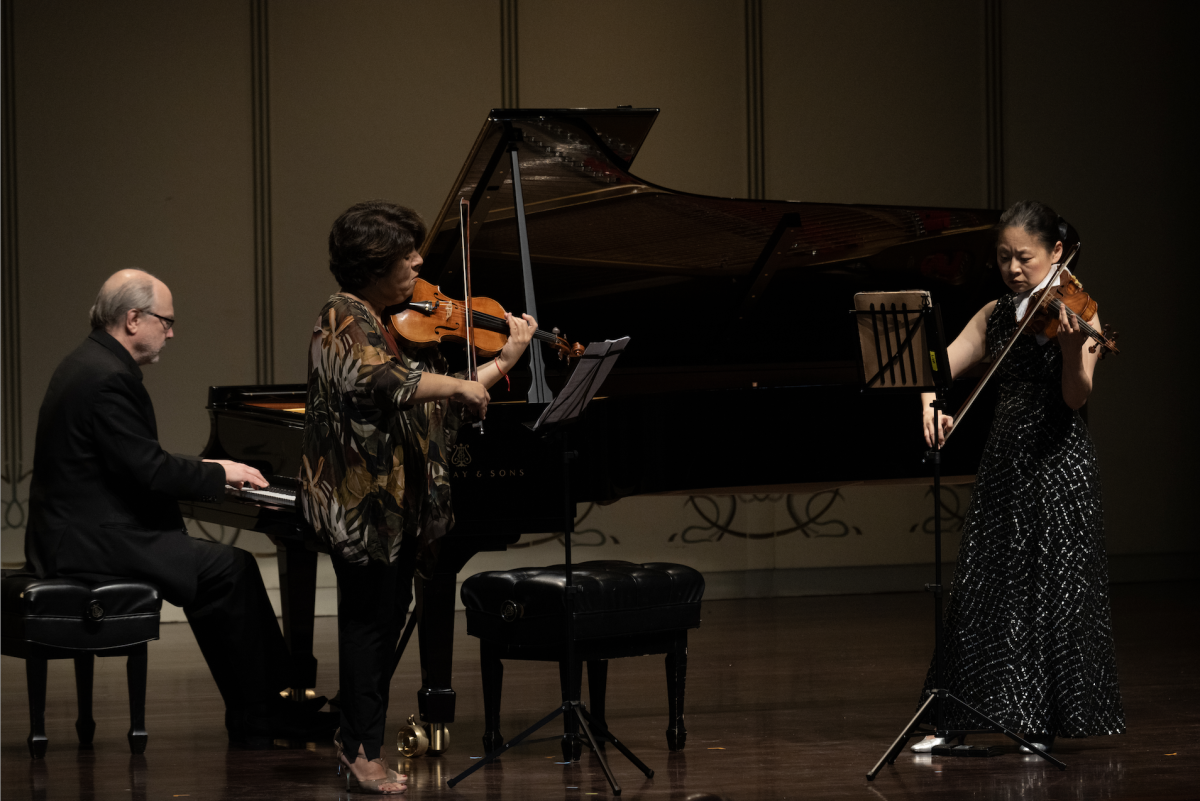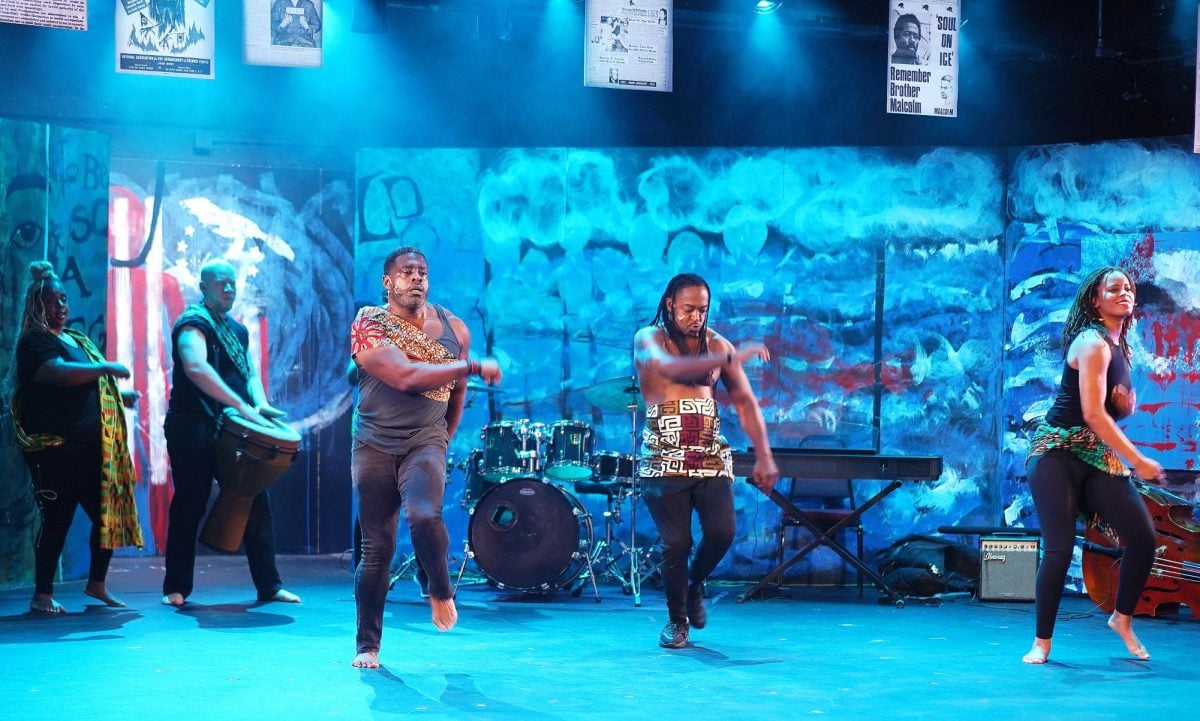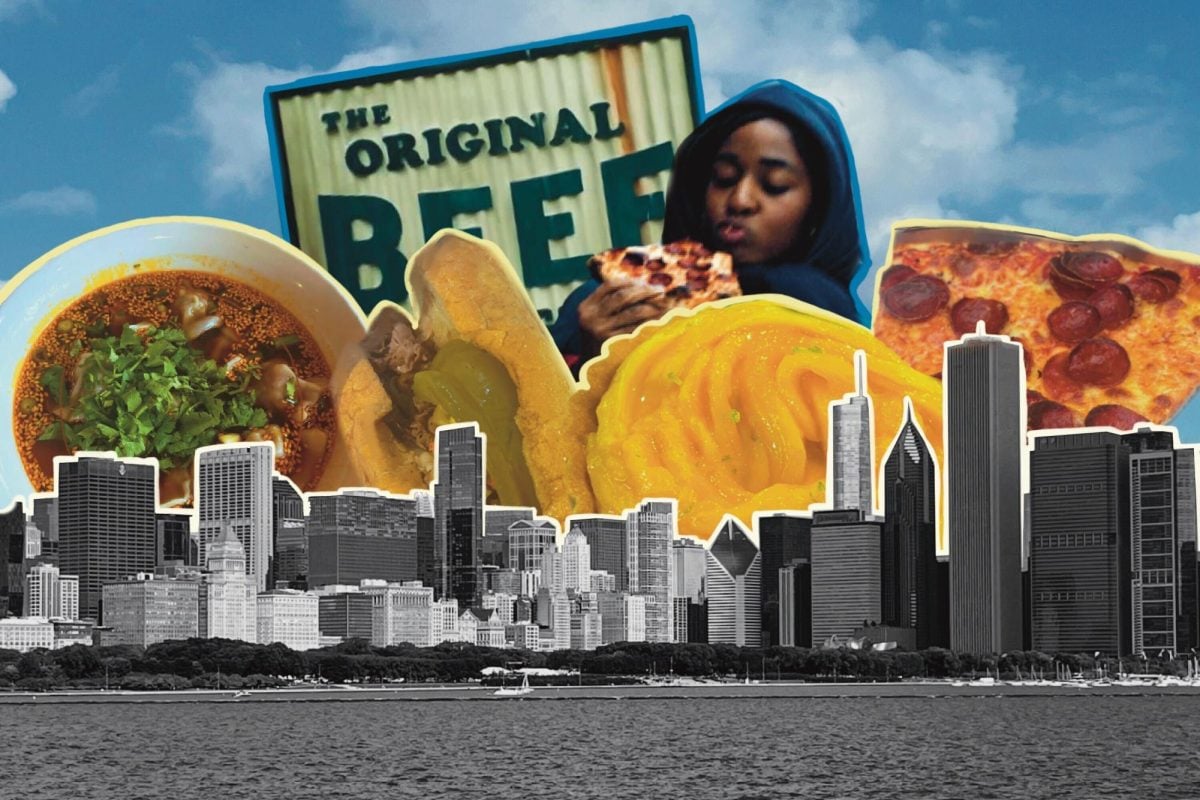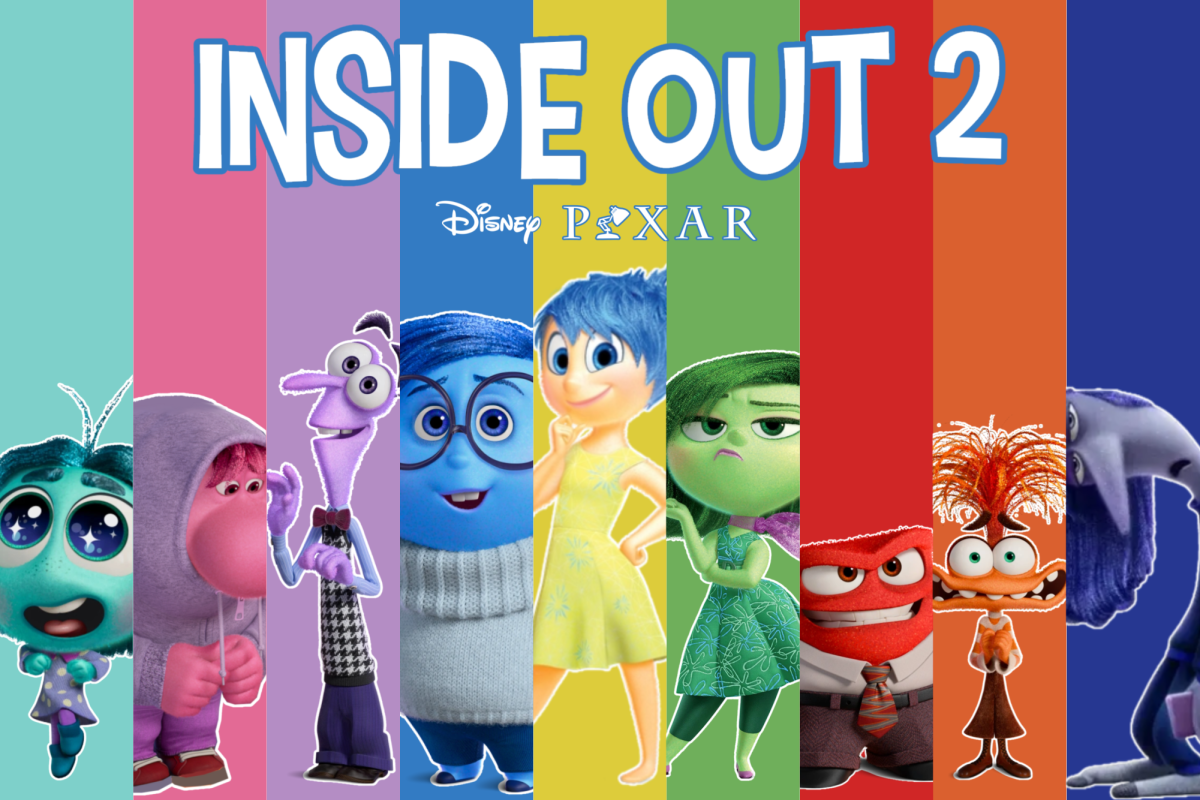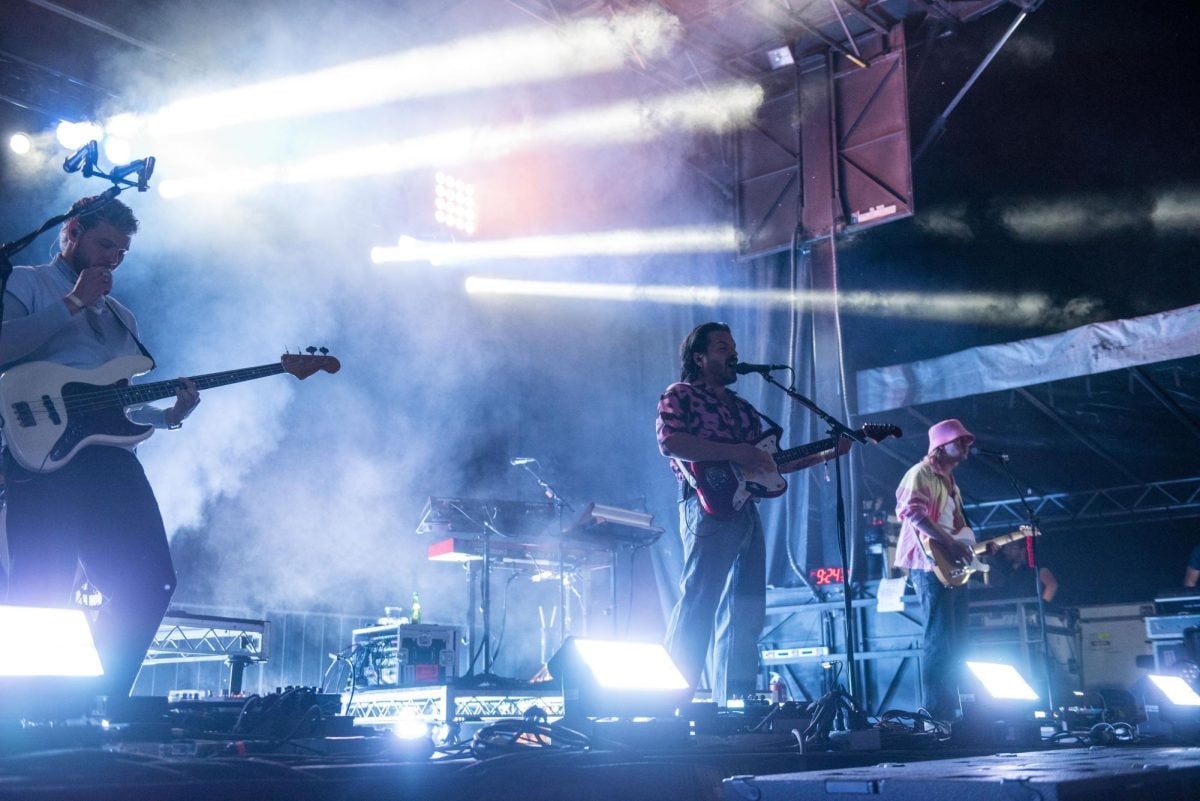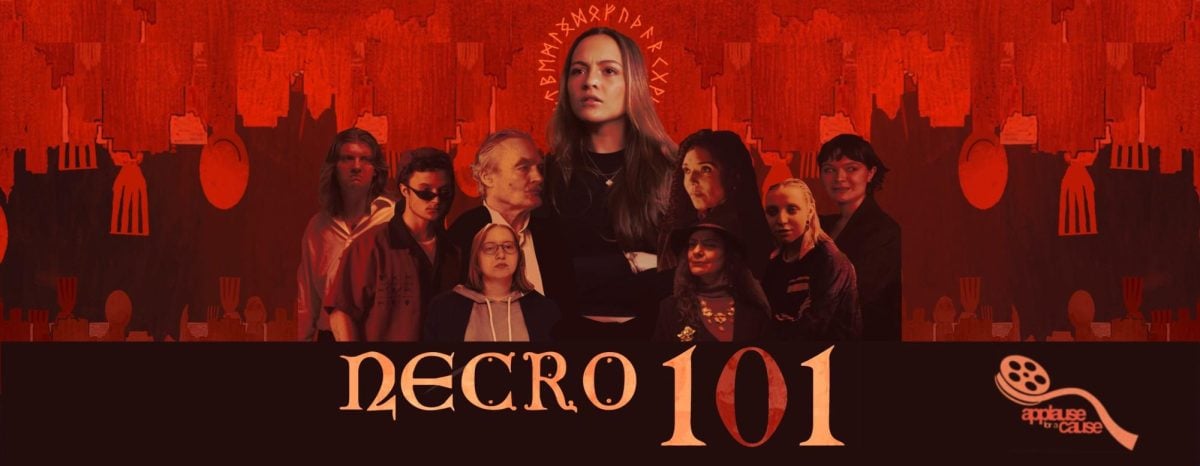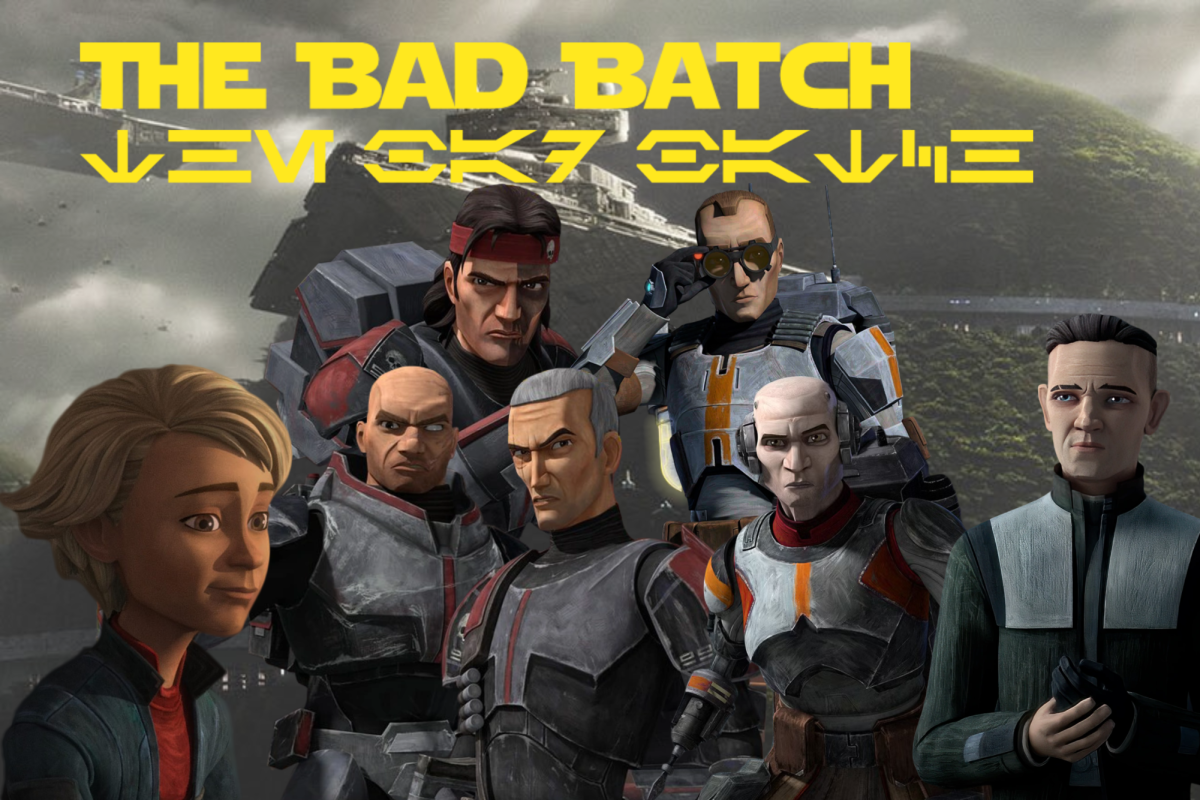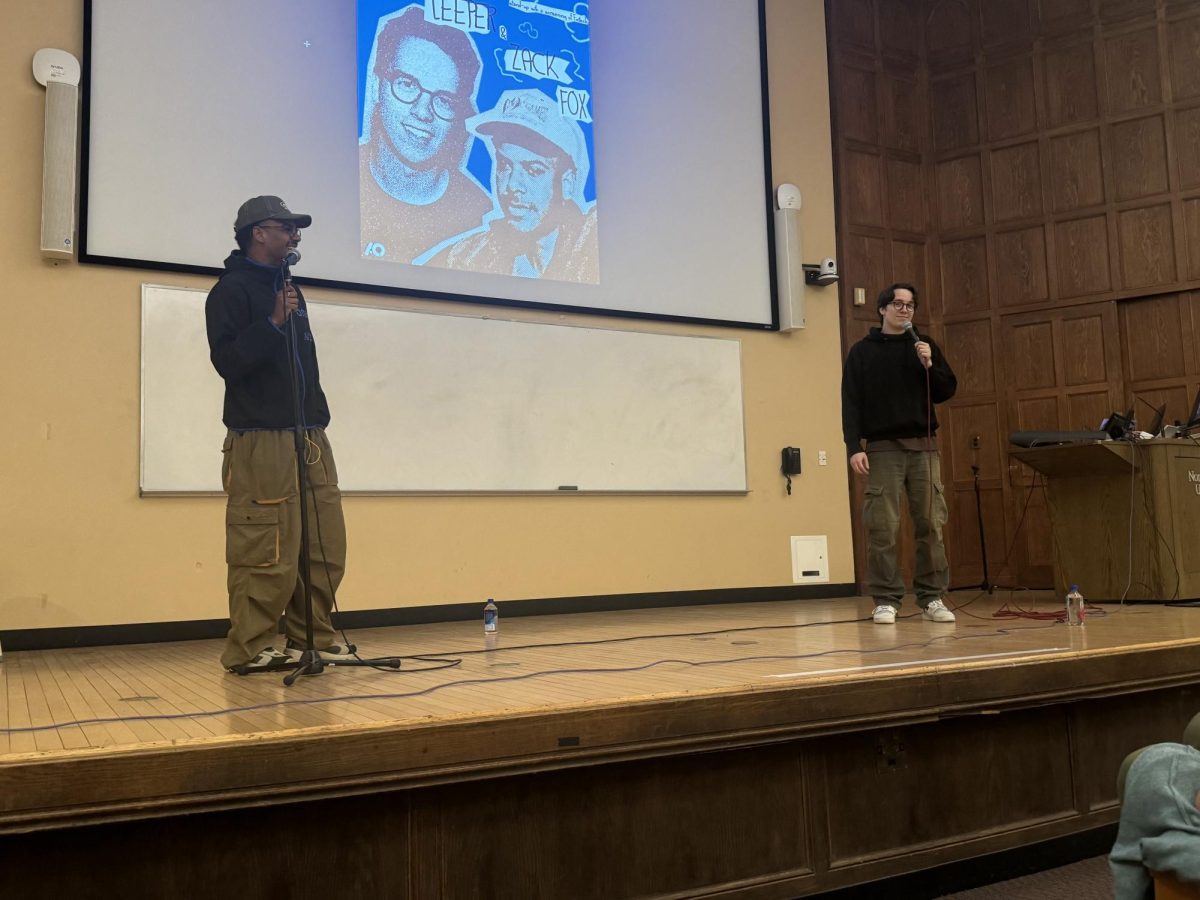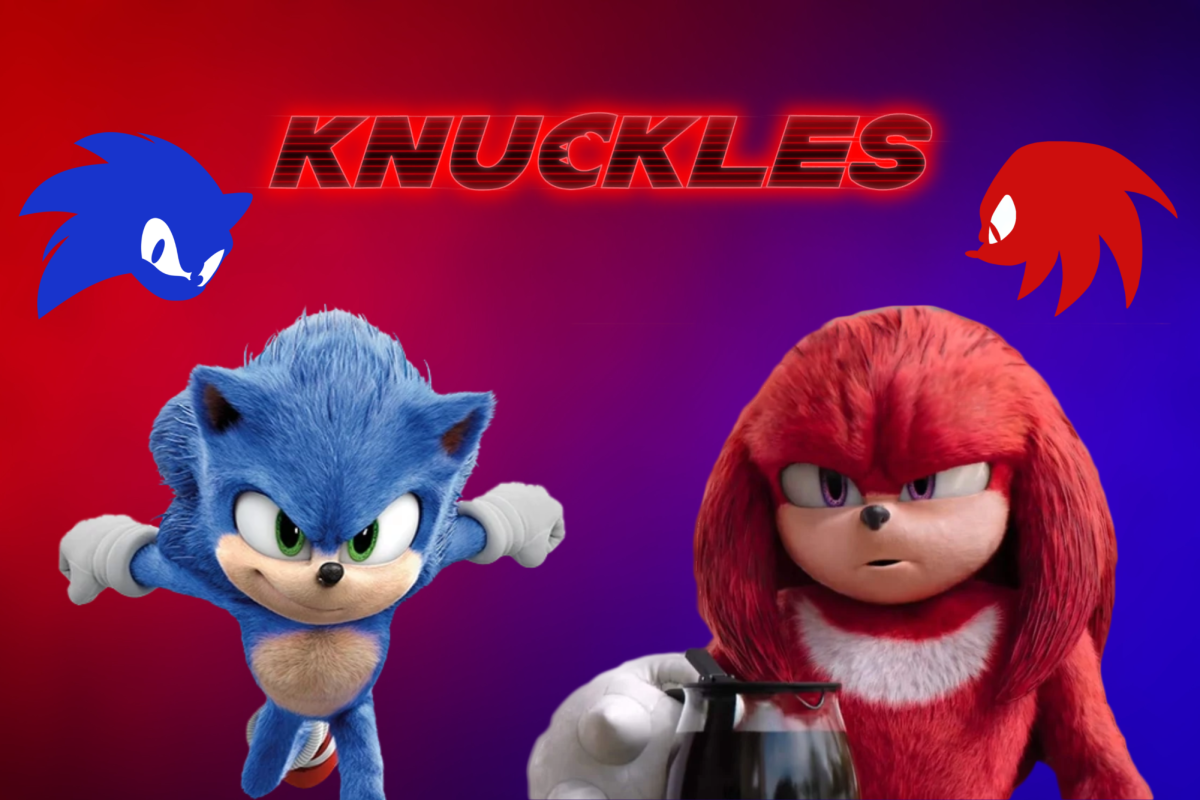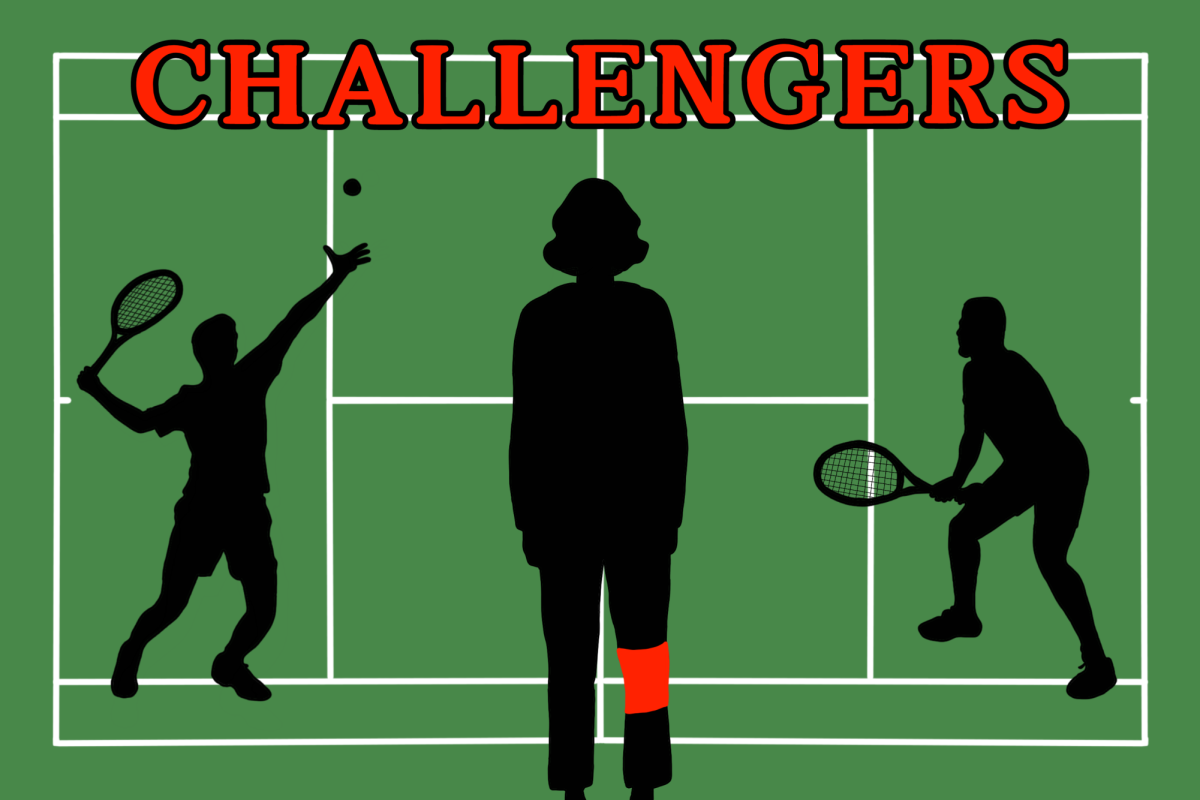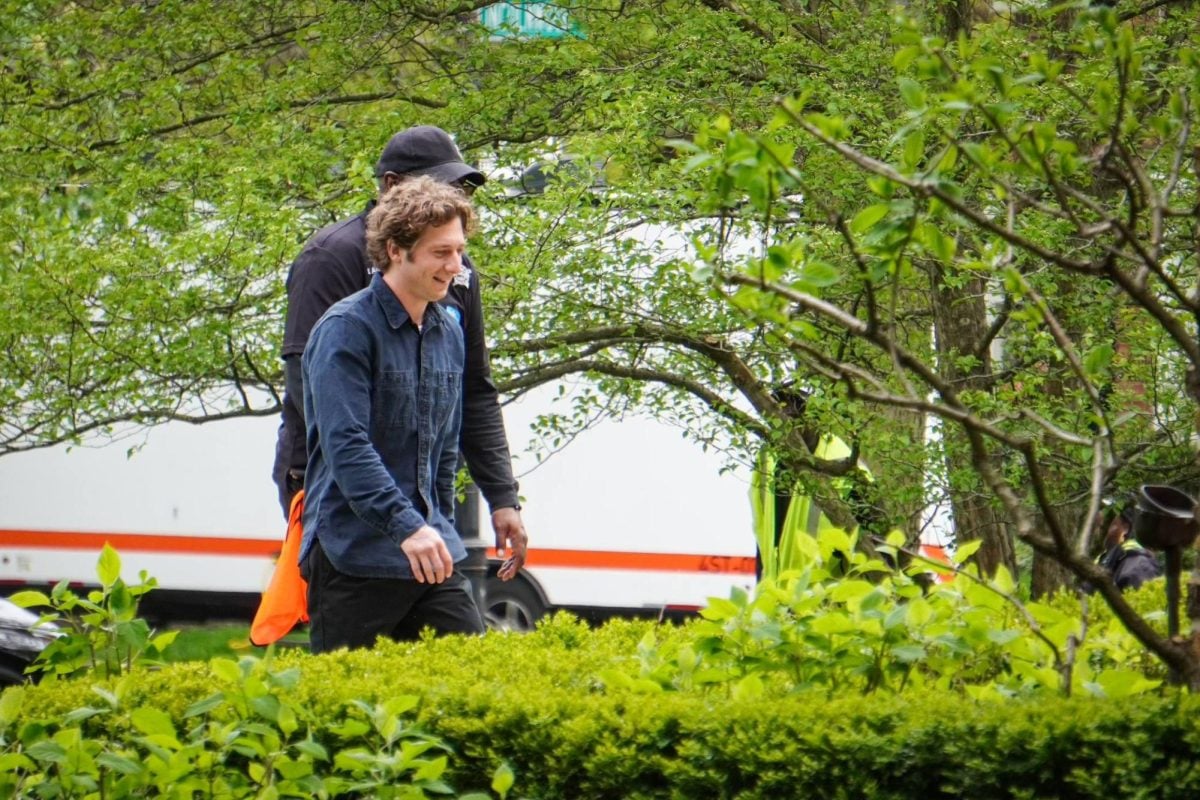Content Warning: this story contains mentions of gun violence and mentions of suicide.
Additional Warning: this review contains spoilers.
Prog-rock, tiny spandex shorts and micro-bangs merge to create A24’s late 2023 tearjerker: “The Iron Claw.” Released last December, director Sean Durkin’s third feature-length film follows the infamously ill-fated Dallas-based super-athlete Von Erich family.
The film shines light on the four brothers: Kerry, Michael, David and Kevin, and their relationship with their domineering father, Fritz — menacingly portrayed by Holt McCallany — and their rise to National Wrestling Alliance fame. Following their meteoric rise, tragedy ensues.
The first portion of the film is filled with quick cuts, training montages and (in the nature of professional wrestling) theatrical fight sequences to Rush’s “Tom Sawyer” in all its late ’70s glory, hinting at a “Rocky” style success story.
Yet, as Fritz pushes the boys beyond their limits, the family begins to fall apart.
At Kevin’s (Zac Efron) wedding, he finds David (Harris Dickinson) coughing up blood in the bathroom. Despite the bad omen, the brothers quickly re-join Kerry (Jeremy Allen White) and Michael (Stanley Simons) on the dance floor for a rollicking line dance to John Denver’s “Thank God I’m a Country Boy.” This togetherness writes off any suspicions of a turn for the worse, in the film’s sole scene of genuine hope and positivity.
After a short time jump comes the first of many tragedies: David has died while wrestling abroad. The film shows the money-hungry mindset of Fritz, as he insists Kerry wrestle in David’s honor to get the World Heavyweight Championship belt, despite the visible hesitance of his sons. Then, just as soon as we’ve learned of David’s death, Kerry loses his foot in a motorcycle accident.
Fritz then forces Michael into the family’s wrestling legacy, after which he is injured while wrestling. Due to surgical complications, he enters into a coma, and upon his recovery, he overdoses on pills.
As a viewer, the initial series of deaths and injuries in “The Iron Claw” seems an almost unbelievable barrage of tragedy.
In a satisfying break for the viewer, Kevin’s development into a caring father for his own son briefly interrupts this grim narrative, as he escapes the claustrophobia of wrestling. He has finally found his own identity outside of the persona his father created for him in the ring.
However, this positive development is short-lived. After receiving a troubling call from Kerry, Kevin comes back to the family home to find Kerry has fatally shot himself with a handgun he had bought Fritz for Christmas.
In “The Iron Claw,” Durkin is able to fit elements of fantasy into a, primarily, true-to-life biopic. The film lets go of its tight editing and rock soundtrack—and reality. In Kerry’s last screen appearance, he comes out of the family home, bounces on two feet and walks to a small boat to symbolize his journey to the afterlife. As he sails along in golden light, there is a surreality in how silent the film suddenly becomes.
In the final scene of the film, Kevin sits in his yard, crying, while his sons play football. The boys ask Kevin why he’s crying. He replies: “I used to be a brother.”
Scenes that feature minimal editing and quiet acts of tenderness cut through the devastation of the Von Erich story and give the brothers the language for emotion and sorrow that they were never allowed by their father. The sensitivity displayed in the second half of “The Iron Claw” makes the film an unexpectedly moving depiction of brotherhood.
Email: [email protected]
X: @gracejw215
Related Stories:
— The 2024 Golden Globes celebrated a year of great TV, surprised “Barbenheimer” fans
— Parts of season two of “The Bear” to film in Evanston
— Wrestling: Northwestern takes two titles and nine podium finishes at Michigan State Open












